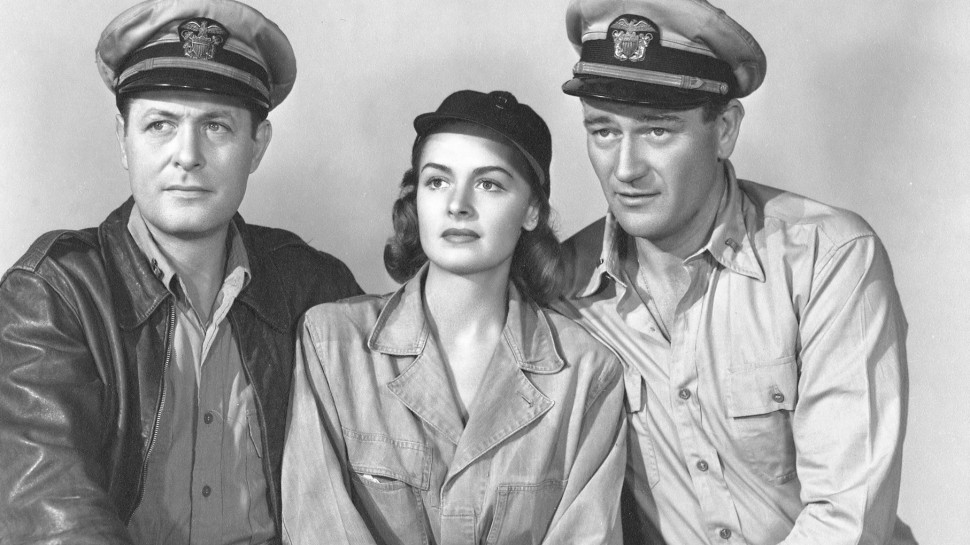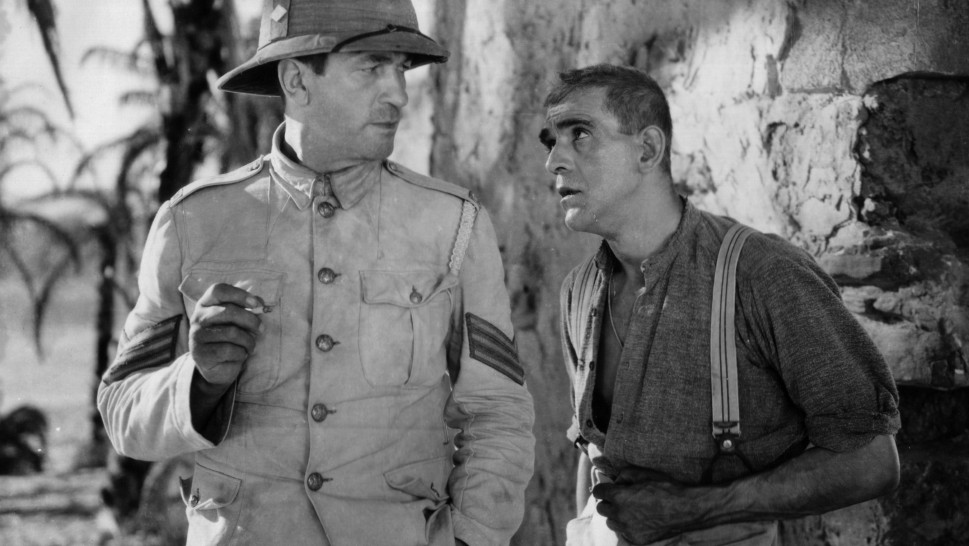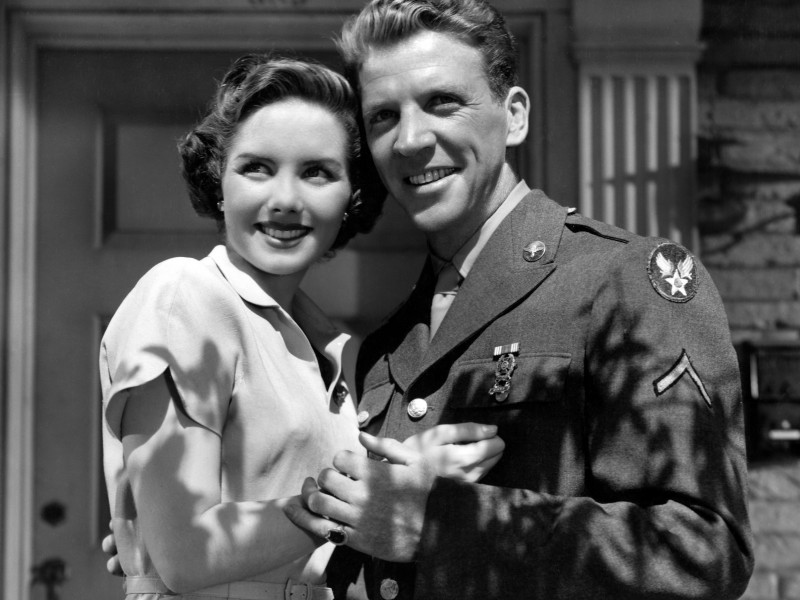


Ford at War. A John Ford Retrospective, Part III
Ford’s lifelong admiration for military lifestyle and culture has negatively impacted the reception of his work, with many reductive analyses incorrectly labeling him as unequivocally pro-military and, by extension, pro-war, when in fact Ford’s representations of the military are profoundly nuanced and far from uniformly positive. Often critical of commanding officers and the military hierarchy that sheltered them while celebrating the discipline that structure fostered, Ford’s respect is reserved almost exclusively for the privates, foot soldiers and lower ranking officers whose courage and camaraderie Ford found inspirational. Following his experiences leading the Field Photographic Branch during WWII, Ford’s already complex attitudes toward war shifted and deepened significantly, with They Were Expendable highlighting the drudgery and terrifying human toll of combat and even a comedy like When Willie Comes Marching Home questioning America’s insatiable need for heroes and our blindly patriotic zeal. Aside from the western, the war film is perhaps Ford’s most important genre, as it too analyzes and explores a profoundly American way of life.
















